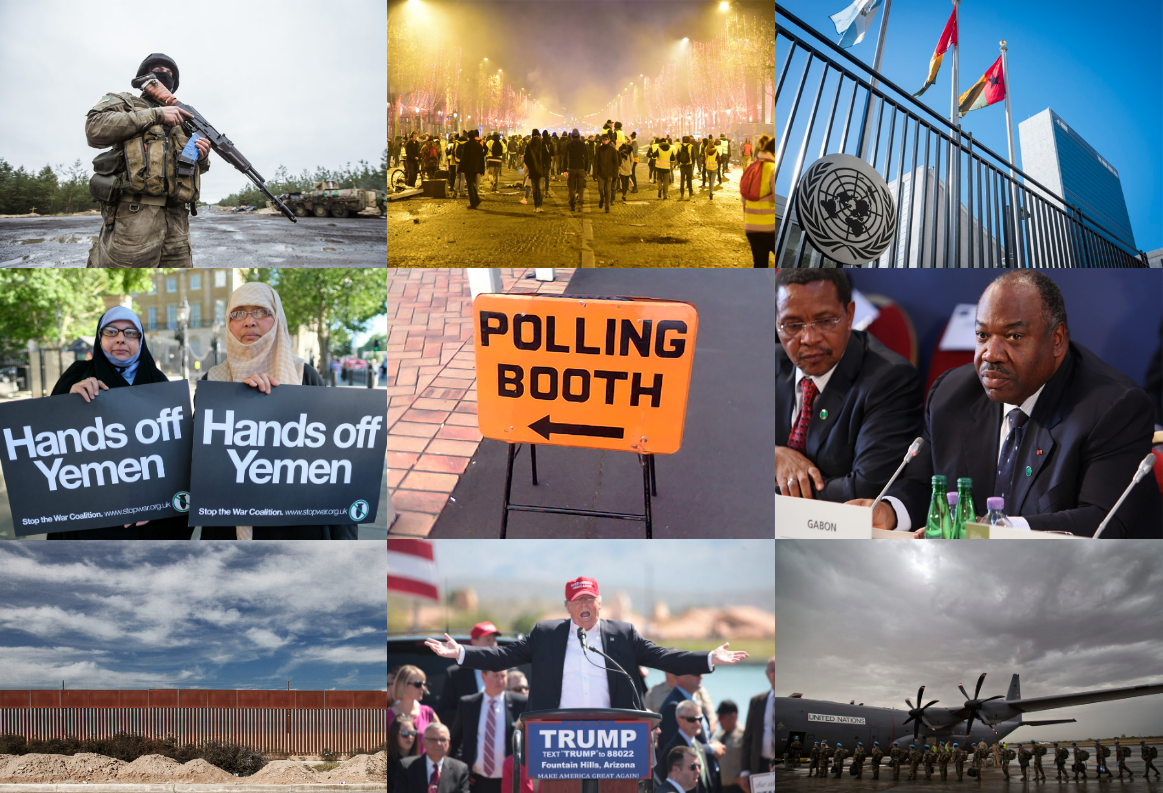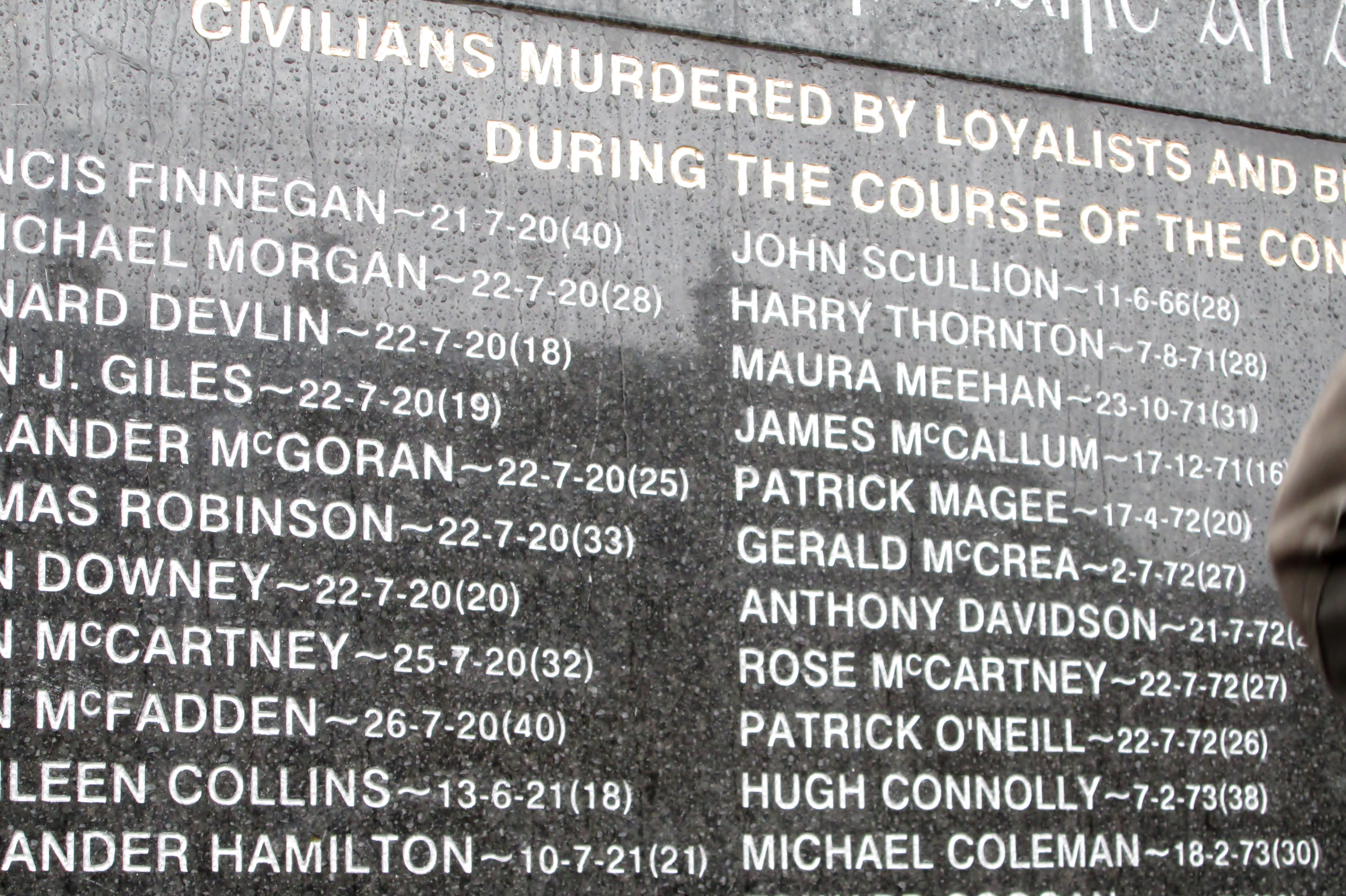This week’s (March 2nd-8th) issue of The Economist has a 14-page special feature on “Emerging Africa”. It is well worth a read, containing a lot of useful information and insight. There are articles on economic development, democratization, and political violence.
The Economist notes that violence has declined dramatically across Africa over the last decade or so. The number and intensity of civil wars has declined, as have deaths due to crime. The data and anecdotes in the article on political violence are really interesting, but one section in particular struck me. The special feature asks “What has changed to make Africa less violence?” and highlights three main factors. I will quote at some length here:
“First, after the end of the cold war two decades ago, America and Russia stopped propping up violent dictators simply to keep them out of each other’s clutches. At first this brought more conflict… But in the longer run lack of superpower support has deprived armies as well as rebels of the means to keep going.”
“Second, Western attitudes have changed. Europeans in particular no longer turn a blind eye to gross human-rights violations in Africa. The creation of the ICC in 2002 marked a shift toward liberal interventionism, both the legal and the armed kind….”
“Third, some of Africa’s wars burned themselves out. Most are conducted within countries, since ethnic rivalry has been the most common cause of conflict. Civil wars usually end when one or both sides become exhausted, often after many years. Radicalised during the 1960s, even the hardiest rebels were tired by the turn of the century… Fighters as well as citizens grudgingly accept the status quo because they are sick of war; some of the time that is good enough.”
This is an interesting list that is thought-provoking, and each of these points is backed up by several examples. I am struck that each of these seem to explain why more African wars have ended over time, but not why less of them have begun. I also do not believe that civil wars typically end due to exhaustion. That said, I like the effort to explain broad trends.
I am also interested in others’ reactions. What do you think are the main reasons for the decline in violence in Africa?






0 comments
I will suggest one explanation that absolutely does NOT work: precedent setting. One of the ritual arguments that has long plagued ethnic conflict analyses (scholarly and policy folks) and plagued the study of secession is the dual notion that successful secessions will encourage more secession elsewhere AND that this fear of contagion deters support of secession. I know that the latter is not true given how many vulnerable countries have supported secession over the years. What is striking these days is that those who argue that precedents will encourage more secession are ignoring the reality that South Sudan has not led to some sort of cascade. The places that are violent now were mostly violent prior to SS’s independence. But do folks notice this? Nay. Confirmation bias is a beautiful thing (and, of course, I am probably practicing it right now).
Thanks for starting this discussion, David. As I noted on Twitter, it’s an under-theorized topic, although Scott Straus has recently published some valuable scholarship on the matter (see his March article in African Affairs: http://bit.ly/PIXIne). I wonder, however, whether both Straus and the Economist attribute too much to external, geopolitical drivers of Africa’s decline in violence. While superpower proxies have certainly ebbed, we can point to a myriad of proxy relationships that continue to facilitate violence, although plausibly on a smaller scale: Uganda and Rwanda’s DRC interventions, Kenya’s support for southern Somali militias, and Sudan’s support for Libya’s anti-Qaddafi insurgents. Also, on the Economist’s second point, I see the impact of human rights norms as debatable, at best: it’s hard to say whether human rights trials, writ large, have helped mitigate Africa-specific violence, but I question the extent to which the ICC in particular has contributed to this trend.
With that said, thanks again, and I’m looking forward to the discussion.
Ted Gurr, writing in Foreign Affairs (2000) had the following to offer (global, but includes Africa). [Unfortunately gated]: http://www.foreignaffairs.com/articles/56045/ted-robert-gurr/ethnic-warfare-on-the-wane
And, of course, there is Jim Fearon’s (2004) take [similarly gated]: http://jpr.sagepub.com/content/41/3/275.short
While I am at it…
Ted Gurr & Jeff Ross (1989) on why terrorism declines: http://www.jeffreyianross.com%2Fuploads%2FRoss___Gurr_-_Why_Terrorism_Subsides.pdf
Martha Crenshaw explored that in 1991 [gated]: http://www.tandfonline.com/doi/abs/10.1080/09546559108427093?journalCode=ftpv20#preview
A very simple answer (maybe too simple?) might be: Peace is just more profitable.
We all know war is very costly. BUT: if cost/benefit alone explained the reduction of violence, there wouldn’t have been an outbreak of organized violence in the first place.
Rather, we must ask: under which conditions is war more profitable than peace and are we increasingly finding these conditions in Africa? So, what are conditions under which war is more profitable than peace and vice versa? Short and crude answer: if those, who initiate the war (typically either rebel or government elites) can externalize the costs and internalize the profits, war becomes more likely. If a societies manages to reverse that structure after the war has ended, i.e. if they are able to create institutions that externalize profits and internalize costs, we should expect a reduction in warfare. Now, that resembles Acemoglu/Robinson’s argument about inclusive/exclusive institutions where they link the economic cost/benefit structure to political institutions. In short, the more open a country’s political system, the better its economic development, since profits are more equally distributed. So, we would expect a decline in war where more open institutions generate a more equal distribution of economic profits and increase the costs for elites and the population to engage in renewed warfare.
Now, I’m pretty sure that argument has all sorts of holes. It’s very simplistic, it focuses only on economic incentives while they are arguably many, many more incentives for groups to (re-)start conflict. Or to refrain from doing so. But it might at least contribute to an explanation, even though it’s very likely not the entire story.
Empirical evidence supports this explanation, although not conclusively:
Mason et al.’s findings supported the inverted-U curve-relationship between democracy, autocracy and civil war recurrence, originally introduced by Hegre et al.
Other research, too, points to the link between inclusive governance and reduction of conflict risk, while Vreeland has argued that the relationship is an artefact of measurement issues.
However, I haven’t seen any study that explicitly models an interaction between inclusive economic structure and inclusive governance and war recurrence/onset (although that probably only means that I haven’t properly done my literature research). Happy for any suggestions.